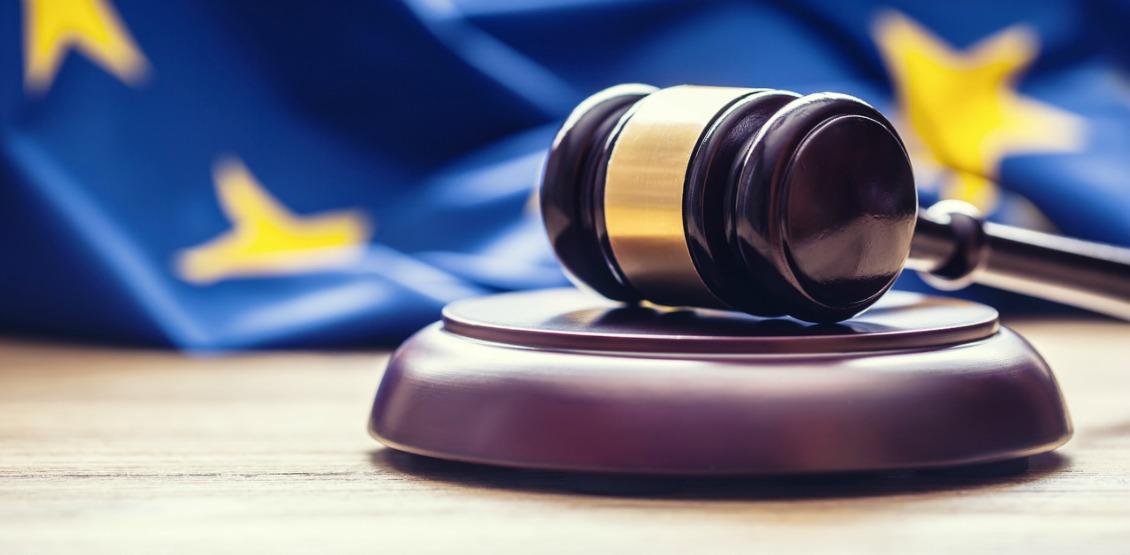If you conduct business in Europe, May 2018 will be an important date. This is when the planned introduction of the European Union’s General Data Protection Regulation (GDPR) is scheduled to take effect.
GDPR represents a sweeping set of privacy regulations that impact your use of personal data from European citizens. If you conduct business with people from Europe – whether they are your customers, employees, or job prospects – GDPR affects you as well. It will require you to have policies in place to protect people’s personal data, as well as require notification when this data has been breached. And penalties for violations will be extremely stiff, up to the greater of 20 million Euros or 4% of your gross turnover.
GDPR starts with the definition of “personal data.” This is an extremely broad net: a recent article from Software Development magazine notes that the European Commission’s guidelines include both obvious data such name, address or email, and associated data ranging from bank accounts to photos and social media posts. Even the IP address a European is using on their computer is considered part of this personal data.
Much like the HIPAA requirements on electronic health care data in the United States, GDPR will require organizations to safeguard the personal data they collect and store in the course of doing business. At one level, this will involve technology such as encrypted data storage, password protection, and other approaches, along with policies and procedures for protecting this data. At another level, it obligates you to inform European consumers about your privacy policies, gain explicit consent to collect and use their personal data and provide them with the ability to control or opt-out of data collection. And in the event personal data is compromised, you need a plan for reaching people affected by the breach.
Each of these levels have important areas where data quality and GDPR compliance efforts intersect. Some of the questions businesses will have to ask themselves include:
- Do we have accurate contact information for people we do business with in Europe?
- Is there a notification procedure in place for our privacy and data policies, including opting out of data collection or making changes to personal data?
- If a breach notification were necessary, do we have the means to quickly reach all affected parties?
- How do we handle changes to contact information? What if a person in your database moves, changes jobs, or gets a new email address?
This means that your GDPR and data quality strategies will need to be closely linked. Tools such as international address verification, lead validation and name validation can help make sure data is complete and correct as it enters your system, and stays correct when it is needed later. As a recent article in Information Management points out, the key to GDPR compliance lies in proactively analyzing your data and performing a thorough risk assessment long before an actual privacy issue arises.
The European Union has long been on the vanguard of consumer protection legislation, and the new GDPR regulations are the latest in an effort to level the playing field between big data and the individual rights of its citizens. They have a global reach, whether you do business in Europe or serve Europeans from elsewhere. At a broader level, GDPR is part of a new reality that businesses will soon need to work with, one that is part of a larger trend toward increasing privacy regulations.
May 2018 is coming soon – is your business ready?





